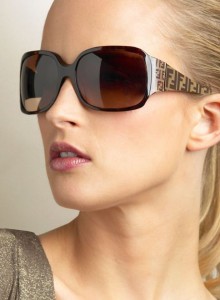For the next minute I want you to stop slumping, slouching, sprawling, drooping, leaning, flopping, hanging, and hunching.It turns out that our moms were right when they told us to stand up straight, or to sit up like proper civilized beings.
We thought they were just picking on us, but in fact good posture has an impact on our overall health. It affects our joints, spines, muscles, and the way our systems work together.
Just think for a moment how you feel if you’ve been slouching on a couch all evening, or typing all day in the wrong chair.
Good posture isn’t hard to achieve. Our bodies aren’t really straight. There are natural curves at the neck, the upper back and lower back. Good posture is simply arranging yourself so that you maintain those natural curves, whether standing or sitting. Just be conscious of your body, and listen to Mom.
And for goodness sake take off your hat at the dinner table.
{ 0 comments }













